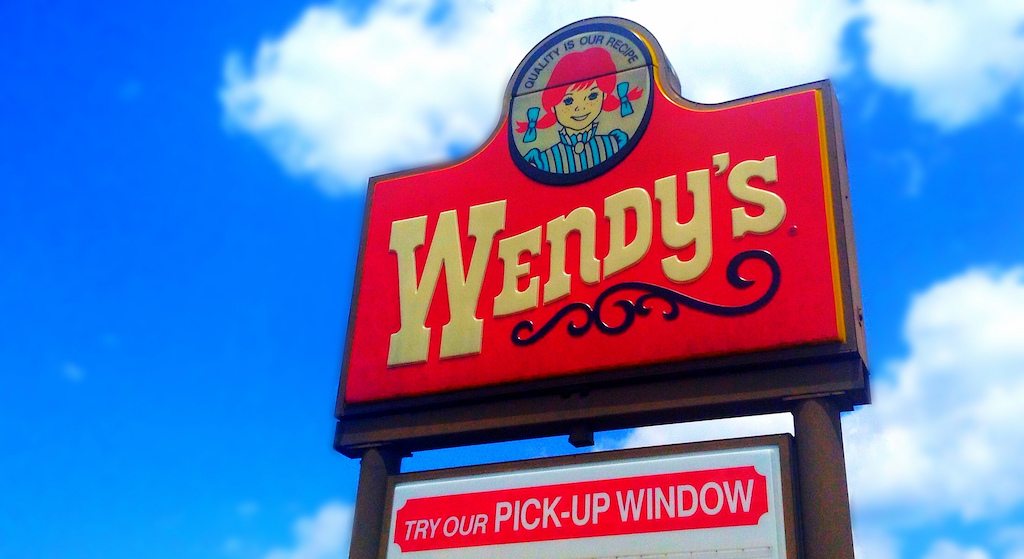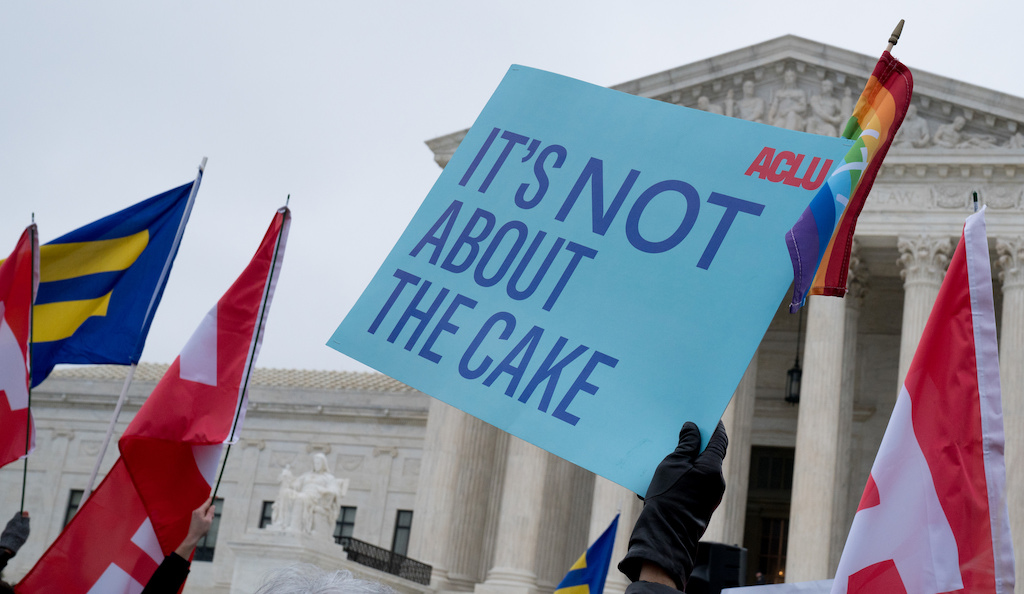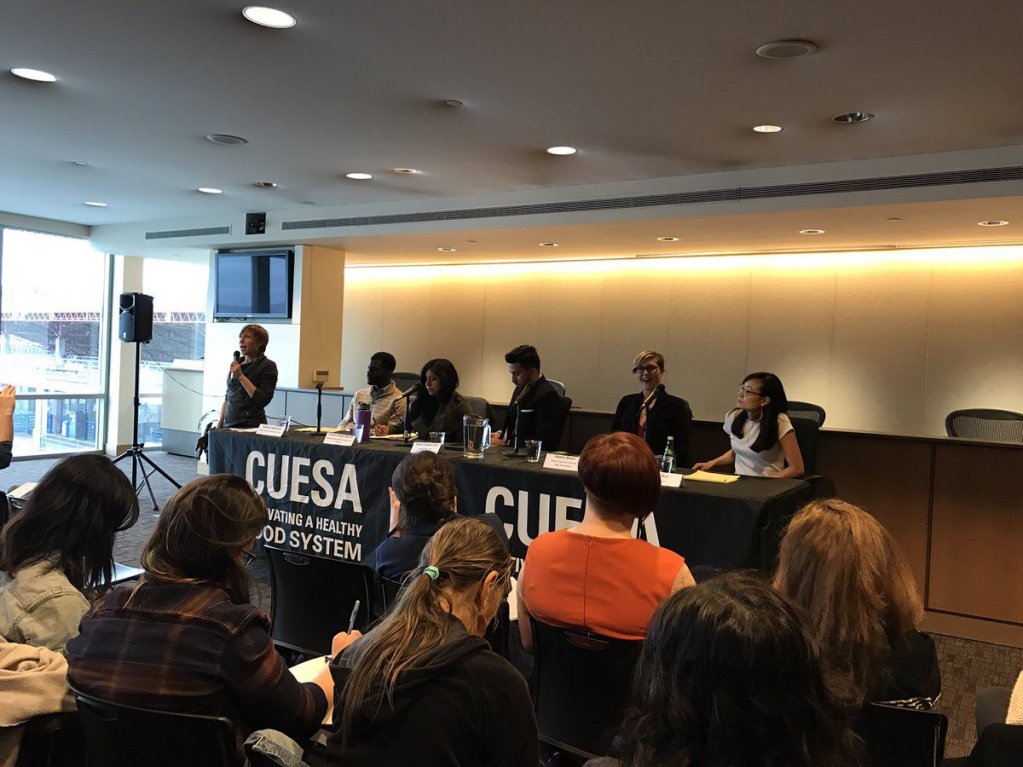A new Supreme Court ruling could have major consequences for workers who want to take legal action against their employers for wage theft or other labor violations.
In a 5-4 vote, the Court ruled on Monday that workers who signed mandatory arbitration contracts as a condition of their employment are legally barred from banding together and suing their employer as a class. NPR reports that it is the first such ruling of its kind.
In his first major opinion, Justice Neil Gorsuch, writing for the majority, said the Federal Arbitration Act, which went into effect in 1925, allows employers to legally ban class-action suits brought by their employees. Gorsuch’s ruling means the act supercedes the National Labor Relations Act, which was previously found to nullify arbitration clauses.
In her dissent, Justice Ruth Bader Ginsburg said the decision would lead to “underenforcement” of laws that are designed to protect workers. In Chicago, Los Angeles, and New York City alone, low-wage workers already lose nearly $3 billion in legally owed wages every year, due to “widespread” violations of minimum-wage and overtime laws, she wrote, citing a study by the left-leaning Economic Policy Institute (EPI). That number could grow if workers are forced to address those violations through arbitration.
“If employers can stave off collective employment litigation aimed at obtaining redress for wage and hours infractions, the enforcement gap is almost certain to widen,” Ginsburg wrote.
Arbitration is a private, non-judicial settlement of a legal dispute, heard by a third party that can be hired by the employer. These individualized proceedings are widely seen as stacking the deck in favor of corporations, who can afford legal fees that a single worker or consumer cannot. The cases before the Court involved wage-and-hour violations brought against three employers, including the accounting firm Ernst & Young. The lead plaintiff in that case would have to spend $200,000 in legal fees to recover $1,867.02 in overtime pay, Ginsburg wrote.
Once a fringe provision, mandatory arbitration clauses and class-action waivers are increasingly common in employment contracts. Another EPI study found that 56 percent of nonunion, private-sector employees are currently bound to arbitration, which has risen from just over 2 percent in 1992. I, for example, signed away my right to join a class-action suit, or represent other workers in arbitration, when I agreed to work for The New Food Economy.
The ruling may prove to have significant implications in the world of food. Class-action suits alleging wage-and-hour violations are commonly brought against fast-food companies, and sometimes, food processors.
Panera Bread is currently being sued by a class of former employees in federal court. So is Jimmy John’s. In 2016, McDonald’s settled with a class of employees seeking unpaid wages for $3.75 million. That same year, the Supreme Court upheld a lower court’s ruling that a class of 2,253 employees were eligible to receive $5,785,757 from Tyson Foods, which had failed to pay them for time spent “donning and doffing” protective gear in an Iowa pork plant.
Today’s ruling sets a precedent: If those employees had signed arbitration contracts, they would not have been able to sue as a group.
While the cases in front of the Supreme Court were brought over alleged wage-and-hour violations, Justice Ginsburg, in her dissent, noted that the ruling may also affect workers who want to sue over other labor violations, such as workplace discrimination.
Last year, The New Food Economy reported on a group of Islamic meatpackers who alleged that Cargill, their employer, and their Teamsters local, which represented them, discriminated by not allowing breaks for prayer. Arguably, in arbitration, an individual meatpacker making that claim would have a tougher go of it: An allegation of discrimination can hinge on proving a pattern, not just the treatment of a single employee.











